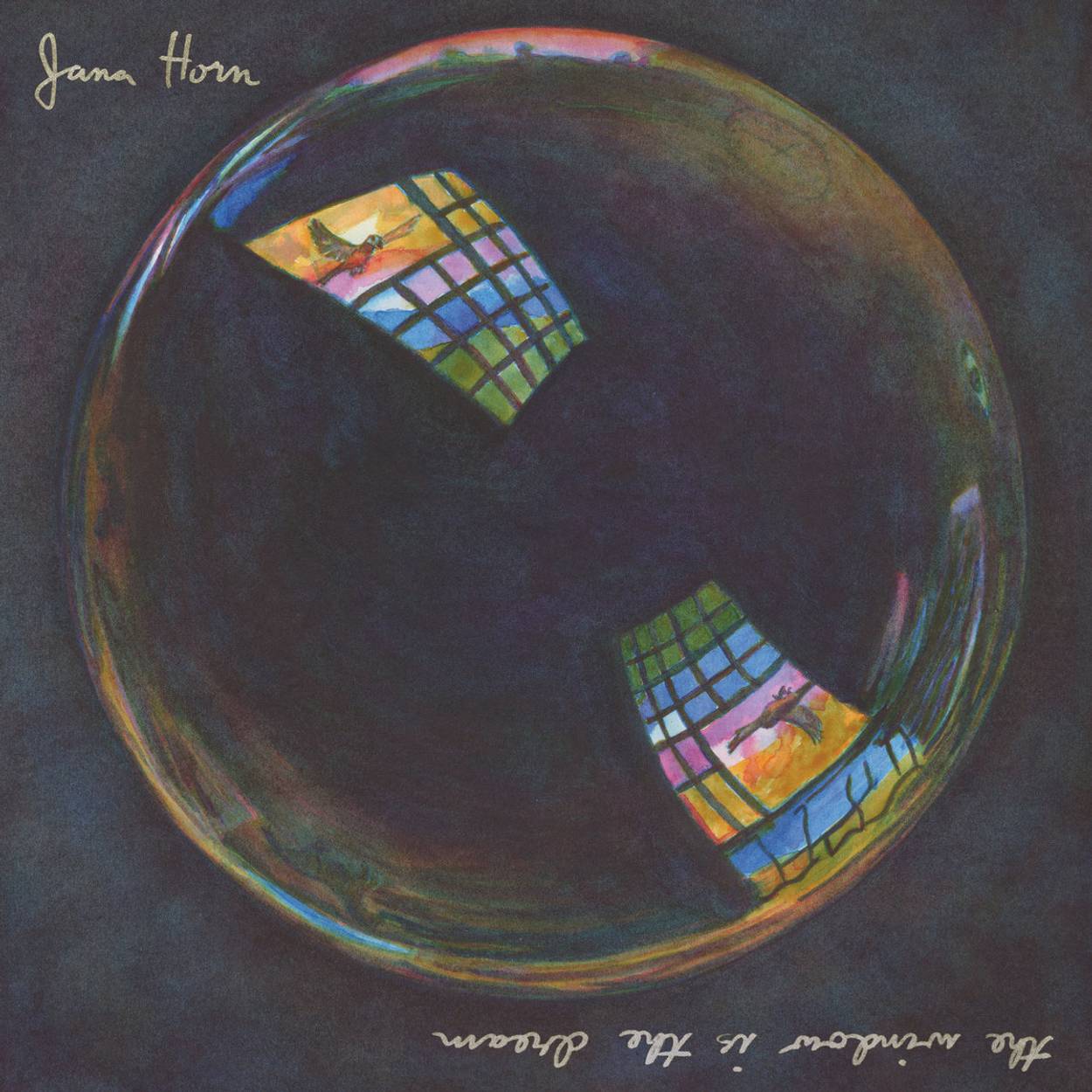Texas Dreaming
Austin songwriter Jana Horn channels Wes Anderson on ‘The Window Is the Dream’




There are plenty of American film directors with style, but none of them have seen their style become quite so ubiquitous as has Wes Anderson. Anderson’s trademark motifs—distinct outfits, symmetrical shot composition, bright but limited color palettes, Futura credits and chapter headings—regularly go viral in TikTok trends and AI remakes. These homages (or parodies), however, tend to miss one of the most crucial parts of Anderson’s aesthetic: that he’s from Texas.
Texas looms large in Anderson’s movies, even when they roam far from the American Southwest depicted in his 1996 debut, Bottle Rocket. There’s a boldness in his style, which is sometimes dismissed as “twee” but in reality pushes viewers deeper into the director’s fictional world. Another Texan far from home, Jana Horn, has made an album in line with an Andersonian view of her home state, The Window Is the Dream. That’s not to say that Horn is obsessed with cutesy-ness or fastidious aesthetics—it’s to say that she’s made a subtle album that opens up a rich world of detail and sound.
The lyrics on The Window are not straightforward, yet they are incredibly specific. “Leaving Him,” the album’s opener, starts with a gentle rumbling of guitar and drum and the glassy sound of a vibraphone. Horn creates a series of scenarios, with all of them leading one place:
When you get up and go
When you are not thinking straight
And you need somewhere to be
And you look up to the sky
With a question burning
Inside
Who can put it out?
Horn doesn’t say what the question is, which is the type of detail that makes Horn’s music worth the repeated listens. Rather, she focuses on the aftereffect: Who can put out this burning within you, whatever it is?
Her scenes are slippery and fluid. On “The Dream,” she says that “The rose is in the mind / The thorn is in my mind’s eye / To find by the blind spot / It seems the ends aren’t enough.” Beautiful thoughts, painful thoughts, and she’s trying to find a place in between them. The song’s lovely guitar spins a web, as Horn refuses to leave the struggle lightly: “The last thing I want / In this bath of existence is / Not to float myself into it / As any bird might stop flying.” It’s all open to interpretation, but I take this as a declaration to refuse to float through life, but to soak up everything there is, all the roses and the thorns.
Horn is a songwriter’s songwriter, currently working on her MFA at the University of Virginia. Growing up in a small Texas town, she found herself clinging to anyone she heard who used words in a clever and unexpected manner. At first it meant Eminem and Weird Al. Now, she says in a recent interview, she looks to “Jung and Clarice Lispector and all these authors who are really breaking down dimensions and giving dreams and things like that that don’t necessarily have empirical value the right to exist.”
In the interview, she backtracks for a second, asking if her description “makes any sense—giving them the weight that we don’t seem to give them, but perhaps they literally do have.” What weight to assign dreams is a question that has roots in the biblical story of Joseph, locked away in an Egyptian prison. Horn lets the question linger in the air, allowing a steady guitar to carry it through 10 songs. The result is an album that functions not so much as background music, but as fresh air. Her songs feel like a step away from the world, only a window away. A calming, refreshing album that will earn repeated listens.
David Meir Grossman is a writer living in Brooklyn. His Twitter feed is @davidgross_man.